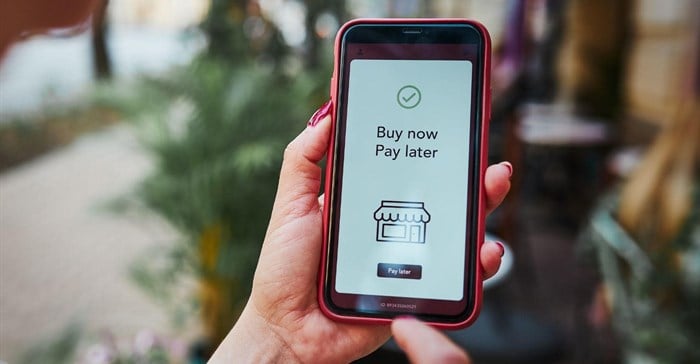
Historically, delayed retail payment options like credit and store cards have come with prohibitive elements – mainly draconian post-purchase interest rates and the threat of entering into a dangerous debt cycle. A BNPL payment gateway allows the consumer to receive their goods upfront and pay them off over an extended time frame, absolutely interest-free. "It is a gamechanger for consumers wanting to participate in safe retail transactions while enjoying immediate gratification. And for retailers it has far-reaching positive consequences," states TDMC.
For online retail marketing agency TDMC, integrating BNPL payment options on its Shopify-driven sites has proven to be an essential part of the agency's suggested strategy – at last count, more than 50% of its retail clients had opted to integrate PayJustNow as an additional payment platform alongside their usual channels.
In an economic environment where consumer cash liquidity is becoming scarcer, and credit interest rates have risen, BNPL as a payment solution is golden, says Ingram. “We see incorporating a BNPL solution as benefitting both consumers and retailers – retailers are able to cast their consumer net further than before, and since the credit parameters are far less repressive than traditional banking institutions, in turn their basket values are rising.
“BNPL mechanisms also mean fewer consumers are being pushed into a debt trap – we think this payment option contributes to more responsible lending which is especially relevant in the South African retail landscape,” she says.
For BNPL users the premise is simple, albeit with a few variations across different providers. Once approved as a purchaser and it’s clear you are good for the transaction (having made an initial full upfront purchase via the payment portal), you can then enter the extended-payment system. For PayJustNow users that means a 1/3 immediate payment on purchase, followed by two equal interest-free debits in the following two months.
Your credit limit is set for the first few transactions, after which you as the consumer may apply for periodic credit limit increases. For the consumer, it is a no-hassle opportunity to get the things you want and need, ranging from fashion to fine jewellery and even car tyres – with no unnecessary surprises, explains TDMC. The retailer is paid immediately on transaction.
If the consumer is not paying any interest, then surely the retailer carries a hefty portion of the cost and risk? “The merchant does pay a slightly larger fee than they would for processing a credit card, but the merchant carries no risk and is settled immediately in full, less our fees. The real opportunity for the merchants is larger basket sizes and significantly more checkout conversions due to simplicity and affordability,” explains founder and CEO of PayJustNow Craig Newborn.
The BNPL trajectory is showing no signs of slowing down, says Ingram. “When we started onboarding clients into the PayJustNow framework in 2019, there was some initial scepticism, but since we now have such excellent statistics to share, most of our new clients sign up immediately.”
BNPL is a proven solution to a final checkout friction point, says Ingram, and the trust in BNPL is compounded when retailers see an increase in return customers. “Some of our merchants are now seeing up to 35% of their monthly sales fulfilled through PayJustNow. It’s a niche offering that is rapidly becoming a mainstream one,” she says.
“While consumers are certainly feeling the pinch, BNPL as a payment option means they are still able to maintain a level of buying power without compromising on essentials like groceries and electricity,” states Ingram, explaining that the company sees it as a “more conscious form of consumerism”.
While there’s no doubt that BNPL removes some of the guilt when making indulgent sneaker purchases, more retailers with higher price point items are also joining in on the action. “We have seen exponential growth in basket size and are increasingly seeing more high-ticket vendors joining the ranks of BNPL,” says Ingram.
PayJustNow stats underscore this. “Since launching in 2019, we have seen the number of PayJustNow transactions increase 360% year on year. In the past two years alone, PayJustNow transactions have risen by an astonishing 2,300%. In 2019 we launched with just 10 retailers – we now have over 3,000 using the service on a daily basis,” says Newborn.
Ingram adds that including a BNPL option can also increase customer loyalty. “What BNPL has done for our retailers is both practical and emotional – people feel that their favourite retailers are looking out for them and really understand their real-life challenges. Traditionally there have always been four Ps in marketing: Product, Price, Place, Promotion – we see Pay Later as the fifth and crucial key to surviving and thriving as a 21st century online retailer.”